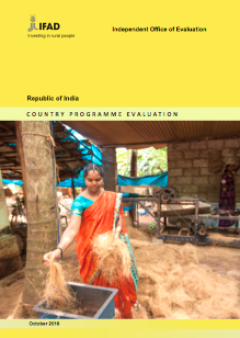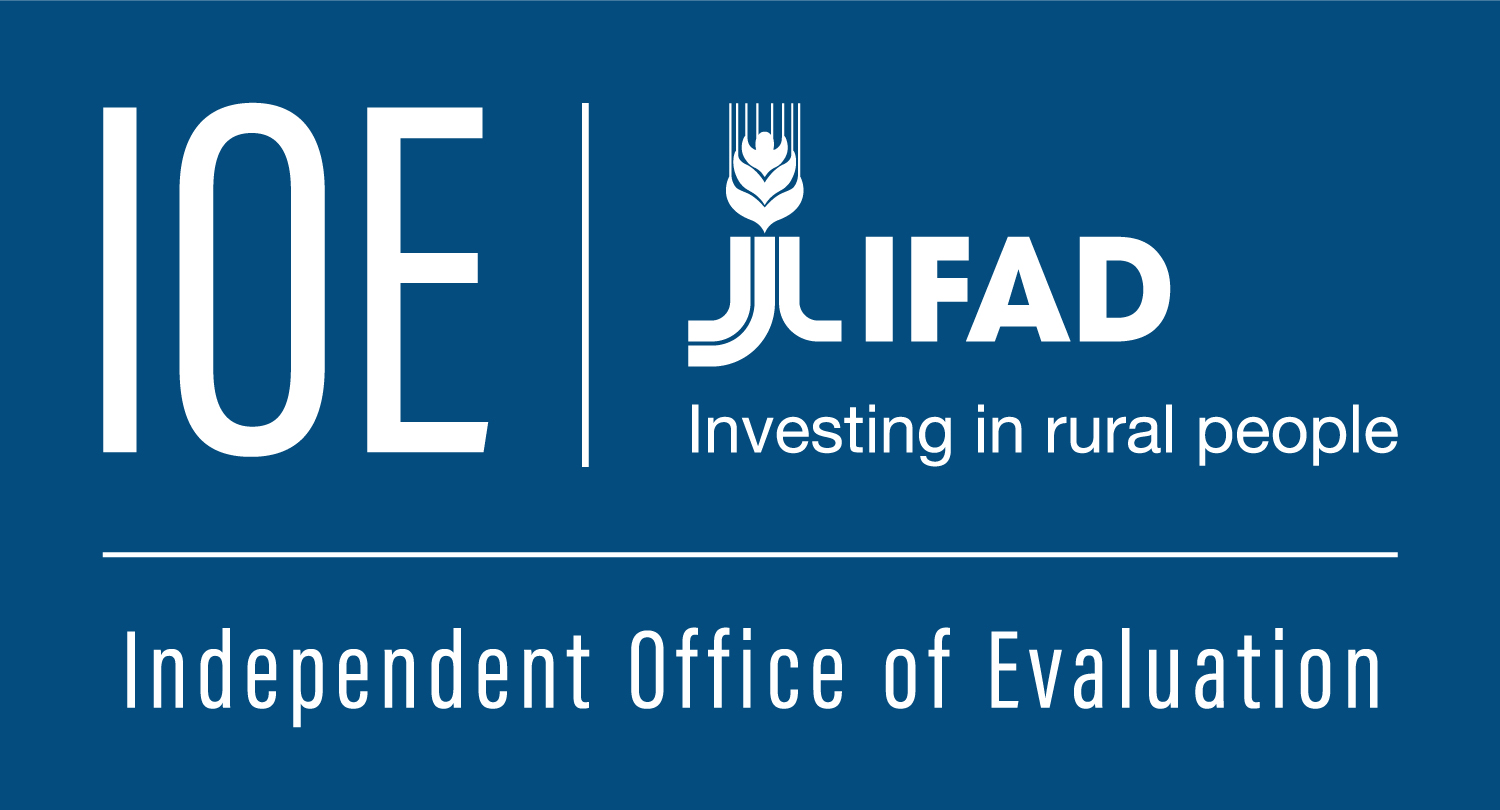
Country Programme Evaluation: India
Since 1979, IFAD has invested more than US$928 million in 27 programmes and projects in India, with a total cost of $2.6 billion when cofinancing is included, directly benefitting 4.4 million households.
The evaluation confirmed that IFAD-supported projects have achieved significant results in building grass-roots institutions, empowering women and improving the lives of tribal communities in India. More specifically, projects have contributed to mobilizing communities and developing basic community infrastructure, as well as developing agricultural production and improving rural livelihoods, the use of national resources, and access to credit and financial services.
Overall, portfolio performance has been solid. However, delays in project entry into force and slow implementation have been a common problem. This is explained by the challenging physical and socio-economic conditions of the project areas, as well as limitations in implementation capacity at the state level.
Portfolio impact has been satisfactory in terms of household assets and income, human and social capital, while moderately satisfactory in other domains (i.e. impact on natural resources and climate change, and institutions and policies).
In a large, middle-income country like India, good project performance continues to be important, but demand is emerging for knowledge sharing and analysis to inform public policies and programmes. There is scope for IFAD to invest more in systematizing and analyzing its project experiences so that they can be fed not only into better project design and implementation but also into the formulation of public policies and programmes.

